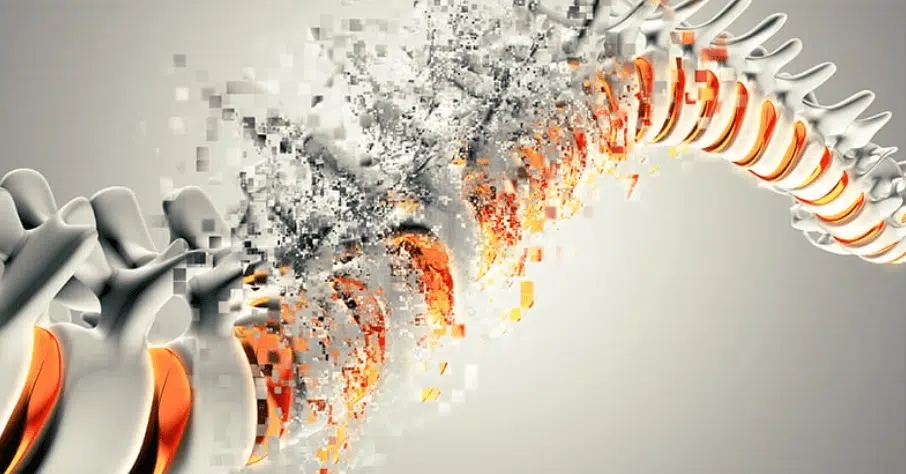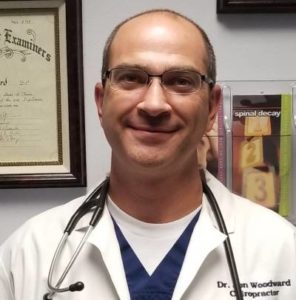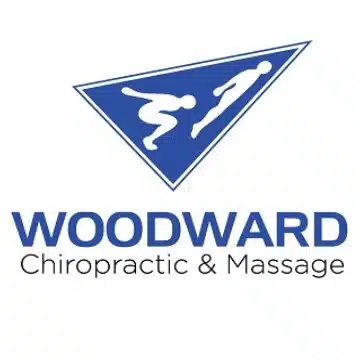
Low back pain in North Dallas following a herniated disc can sometimes require surgery. Other times patients can “ride it out” and six to twelve months later will have no evidence on a MRI of the original herniated disc injury. How is this possible?
Research
Researchers are currently studying why some herniated discs heal themselves while others do not. Researchers at Vanderbilt University Medical Center are investigating this and published a report on their progress in the January 2016 issue of the Journal of Clinical Investigation.
Low back pain affects 60-80% of Americans during their lifetime, and there are upwards of 300,000 surgeries for herniated discs annually in the United States alone. A disc can herniate when its outer fibers tear allowing the jelly like center to leak out. If the herniated disc material hits the nerve pain can shoot down the leg. This is commonly called sciatica.
Dr. Dan Spengler states that about 50% of patients with disc herniation will improve within six weeks. The actual herniated material may completely resorb over time. However, what troubles Dr. Spengler and other researchers is why this doesn’t occur with everyone.
Looking specifically at the molecules that are frequently present when disks herniate, researchers have identified a group of proteins called matrix metalloproteinases (MMPs). Certain MMPs have the ability to act like “Pac-Man” and literally chew through other proteins. This is why MMPs may be at the forefront of why some discs resorb and others do not! Additionally, when a disc herniates, bleeding occurs. White blood cells (especially macrophages) flood the area.
What most surprised the authors was the interplay between the macrophages and the MMPs. They found that when the blood/macrophages and specific MMPs interacted disc resorption occurred. They were even able to replicate this process in a lab. “These enzymes are more complicated and interesting than we originally thought. Rather than being big bulldozers, they’re a fine pair of scissors that cut certain things.”
TAKE-HOME MESSAGE
Unless you are having progressive neurological loss (meaning muscle weakness or sensory pain that is progressing, and/or especially bowel or bladder weakness), there is NO RUSH to run and have surgery! Chiropractors can offer natural, non-invasive treatments to manage pain while you let your body manage the herniation. For help with low back pain or to see if your disc injury can be successfully treated without surgery schedule a new patient visit with Dr Woodward.


